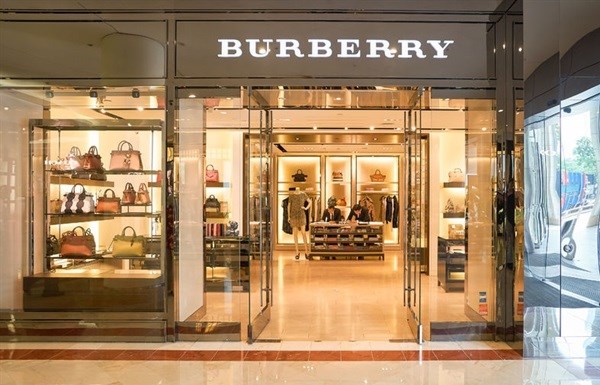
Top stories





Marketing & MediaWarner Bros. was “nice to have” but not at any price, says Netflix
Karabo Ledwaba 2 days

More news

Logistics & Transport
Maersk reroutes sailings around Africa amid Red Sea constraints













Burberry says the commitment builds on the goals that it set last year as part of its five-year responsibility agenda and is supported by its new strategy which is helping to tackle the cause of waste.
“Modern luxury means being socially and environmentally responsible. This belief is core to us at Burberry and key to our long-term success. We are committed to applying the same creativity to all parts of Burberry as we do to our products,” says Burberry chief executive officer Marco Gobbetti.
The company faced severe backlash after an earnings report in July revealed that Burberry destroyed unsold clothes, accessories and perfume worth $36.8million in 2017 to protect its brand. In the last five years, Burberry has destroyed $135million of unsold product.
In July, Burberry said that the energy generated from burning its products was captured, making it environmentally friendly. "Burberry has careful processes in place to minimise the amount of excess stock we produce. On the occasions when disposal of products is necessary, we do so in a responsible manner and we continue to seek ways to reduce and revalue our waste," a spokesperson for the company said at the time.
The burning of unwanted items is a longstanding practice by luxury fashion firms to prevent them from being stolen or sold cheaply, and hence damaging the brand's appeal. But environmental campaigning group Greenpeace told the BBC that Burberry's decision to stop incinerating its overstock is a much-needed sign of a change of mind in the fashion industry.
"Because fashion is a high-volume business with more than 100 billion garments produced each year, consumers' closets are already overflowing with unworn clothes - creating an overstock problem for many companies. It's high time for the whole fashion industry to start dealing with overstock at its source: by slowing down production and re-thinking the way it does business," Greenpeace said.
Burberry also announced that it is banning the use of real animal fur in its products going forward.
"There will be no real fur in Riccardo Tisci’s debut collection for Burberry later this month, and we will phase out existing real fur products. The use of real fur by Burberry has been restricted for many years to rabbit, fox, mink and Asiatic racoon. These and Angora will be banned from future Burberry collections," the company said.
,